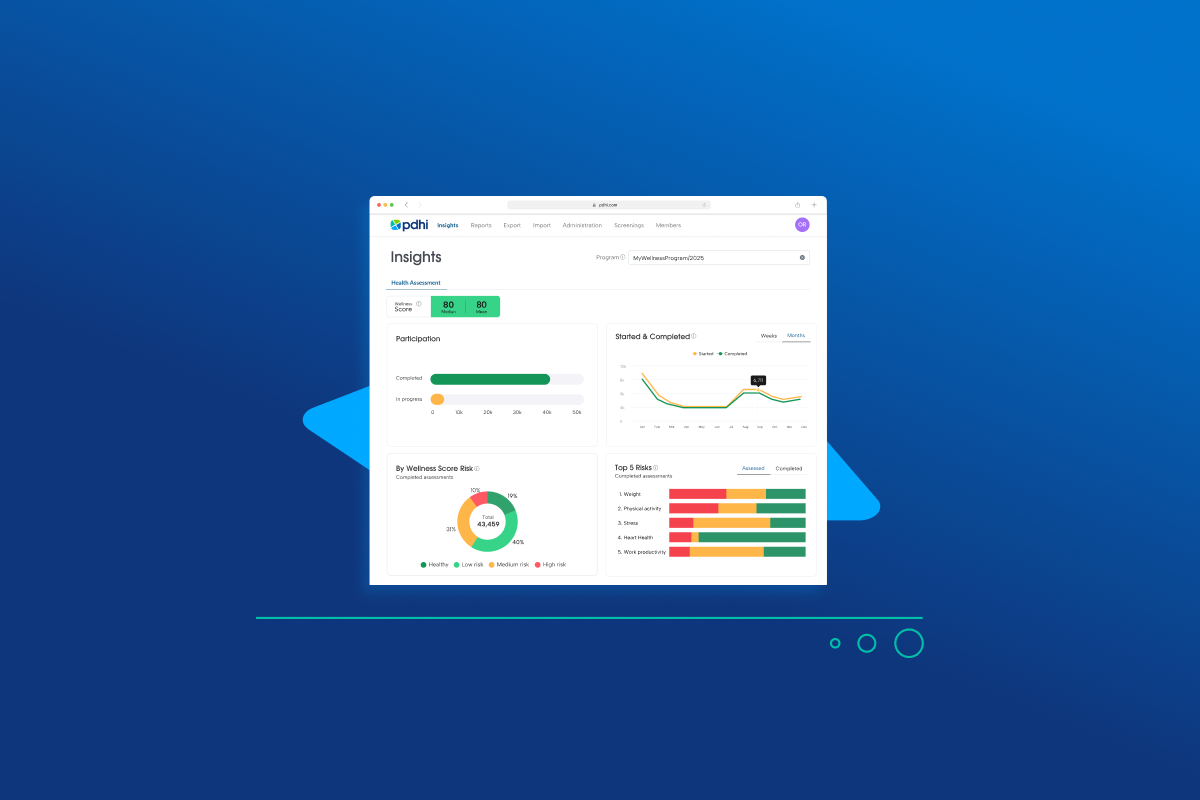New Research Debunks the 10,000-Step Myth and Reveals the Real Sweet Spot for Health
September 25, 2025

New Research Debunks the 10,000-Step Myth and Reveals the Real Sweet Spot for Health
September 25, 2025
Largest analysis to date finds 7,000 daily steps deliver maximum benefits while challenging decades of fitness conventional wisdom
For years, fitness trackers, wellness programs, and health enthusiasts have rallied around a single target: 10,000 steps per day. This seemingly scientific goal has driven countless workplace challenges, personal fitness journeys, and wellness initiatives. But groundbreaking research published in Lancet Public Health is turning this conventional wisdom on its head, and the findings may revolutionize how we approach daily movement.
What the Science Actually Shows
A comprehensive meta-analysis examining 57 studies has revealed that the optimal health benefits from daily walking occur much earlier than most people think. The research shows that 5,000 to 7,000 steps per day is the true sweet spot for health improvements, with surprisingly minimal additional benefits beyond that range.
The numbers are compelling. Compared to walking just 2,000 steps daily, people who reached 7,000 steps experienced:
- 47% lower risk of all-cause mortality
- 25% lower risk of cardiovascular disease incidence
- 47% lower risk of cardiovascular disease mortality
- 37% lower risk of cancer mortality
- 14% lower risk of type 2 diabetes
- 38% lower risk of dementia
- 22% lower risk of depressive symptoms
- 28% lower risk of falls
Perhaps most significantly, while 10,000 steps did show additional benefits for some outcomes, researchers noted that "the incremental improvement beyond 7,000 steps per day was small, and there was no statistical difference between 7,000 steps per day and a higher step count for all the other outcomes."
Where Did 10,000 Steps Come From Anyway?
The 10,000-step target wasn't born from rigorous scientific research. It originated from a 1960s Japanese marketing campaign for a pedometer called "manpo-kei," which translates to "10,000-step meter." This catchy, round number became entrenched in fitness culture despite lacking a solid evidence base. This new meta-analysis finally provides the comprehensive data needed to establish evidence-based step targets.
The Power of Realistic Goals
This research carries profound implications for how we think about daily movement and wellness programs. The typical American walks fewer than 5,000 steps per day, making the 7,000-step target both ambitious and achievable, a crucial balance for sustainable behavior change.
The psychological impact cannot be overstated. When people believe they need to hit 10,000 steps to gain health benefits, falling short can feel like failure. But knowing that significant health improvements begin around 5,000 steps and peak around 7,000 transforms the entire conversation around daily movement.
Every Step Really Does Count
The research reinforces a critical message that wellness professionals have long advocated: incremental increases in physical activity yield meaningful health benefits. Moving from a sedentary 2,000 steps to even 5,000 steps daily can dramatically reduce health risks.
This graduated approach to wellness makes movement accessible to people of all fitness levels, ages, and physical capabilities. Rather than pursuing an arbitrary numerical target, individuals can focus on consistent improvement from their personal baseline.
Implications for Workplace Wellness
For organizations investing in employee wellness programs, these findings suggest a fundamental shift in strategy. Programs that set aggressive, one-size-fits-all targets may inadvertently discourage participation among employees who view such goals as unattainable.
More effective approaches might include:
- Baseline-driven goals that encourage individual improvement rather than universal targets
- Graduated challenges that celebrate progress at multiple milestones
- Flexible targets that accommodate different departments, age groups, and fitness levels
- Emphasis on consistency over peak performance
The research supports wellness initiatives that meet employees where they are and provide meaningful recognition for incremental progress.
A More Nuanced Understanding of Movement
This study also highlights the complexity of physical activity research. Different health outcomes showed varied responses to increased step counts. While 7,000 steps appeared optimal for mortality and cardiovascular outcomes, other benefits like reduced cancer incidence and depressive symptoms continued to improve with higher step counts, though more gradually.
This nuanced understanding suggests that wellness programs should emphasize the broad spectrum of benefits that come from increased movement, rather than focusing solely on specific numerical targets.
The Future of Movement-Based Wellness
As organizations and individuals absorb these findings, we're likely to see a shift toward more personalized, achievable wellness goals. The research validates approaches that prioritize sustainable behavior change over ambitious targets that may lead to discouragement and dropout.
Putting Research into Practice
This groundbreaking research opens the door for wellness programs that are both more effective and more inclusive. By embracing evidence-based targets around 7,000 daily steps while celebrating progress at every level, organizations can create programs that drive genuine engagement and sustainable health improvements.
PDHI's Step Tracker exemplifies this research-backed approach, offering flexible goal-setting capabilities that allow organizations to customize targets based on their population's needs and capabilities. With seamless device integration and behavioral reinforcement features, platforms like this make it easier than ever to translate scientific findings into real-world wellness success.
The 10,000-step era may be ending, but the age of smarter, more achievable wellness goals is just beginning. Ready to implement an evidence-based approach to daily movement? Read more about our Activity Tracking solutions.
Reference: Ding D, et al. "Daily steps and health outcomes in adults: a systematic review and dose-response meta-analysis" Lancet Public Health 2025; DOI: 10.1016/S2468-2667(25)00164-



